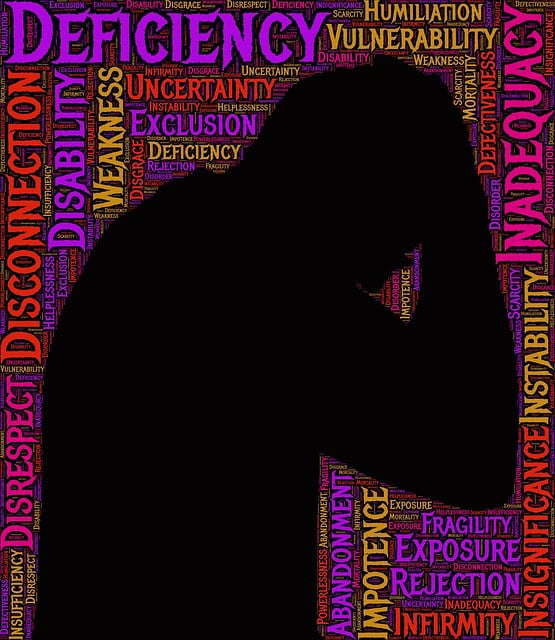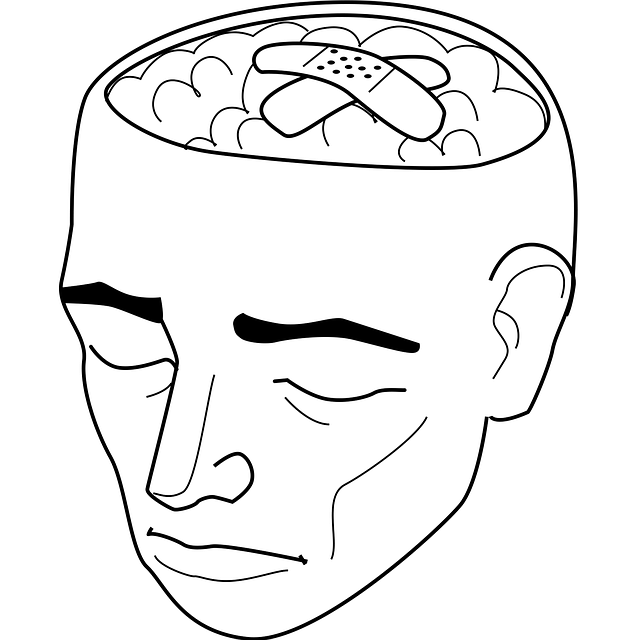Mental wellness understanding emphasizes holistic emotional, psychological, and social well-being. Self-assessment tools, incorporating evidence from Arvada Acceptance and Commitment Therapy (ACT), are crucial for evaluation, progress tracking, and cultivating mindfulness – a key to managing mental health challenges. Integrating conflict resolution and trauma support within these tools enhances resilience. ACT's core principles promote psychological flexibility, guiding individuals toward meaningful lives through value-driven actions. Comprehensive self-assessment tools, combining ACT with Mental Health Education and cultural sensitivity, foster improved mental wellness outcomes for diverse populations. This approach informs healthcare provider training, mental health policy advocacy, and depression prevention strategies.
Mental wellness self-assessment tools play a pivotal role in fostering personal growth and resilience. This article delves into the development of these tools, beginning with understanding mental wellness and its core components. We explore the principles of Arvada Acceptance and Commitment Therapy (ACT), highlighting how it can revolutionize self-assessment practices. By integrating ACT techniques, we discuss strategies for creating effective tools that enhance mental wellness support, promoting a holistic approach to personal well-being.
- Understanding Mental Wellness and Self-Assessment: A Foundation for Personal Growth
- Arvada Acceptance and Commitment Therapy (ACT): Principles and Its Role in Self-Assessment Tools
- Developing Effective Self-Assessment Tools: Techniques and Considerations
- Integrating ACT into Self-Assessment Frameworks: Enhancing Mental Wellness Support
Understanding Mental Wellness and Self-Assessment: A Foundation for Personal Growth

Understanding mental wellness involves recognizing that it’s a crucial aspect of our overall well-being, encompassing emotional, psychological, and social health. It’s about how we think, feel, and act in various situations, impacting our ability to cope with stress, make choices, and relate to others. Self-assessment tools play a pivotal role in this journey by providing individuals with a means to evaluate their mental wellness state, identify areas of concern, and track progress over time.
One effective approach, grounded in evidence like that from Arvada Acceptance and Commitment Therapy (ACT), encourages self-reflection and personal growth. By learning to accept difficult thoughts and emotions without judgment, individuals can cultivate mindfulness—a key component for managing mental health challenges. Additionally, integrating conflict resolution techniques and trauma support services within these tools can empower users to navigate interpersonal difficulties and process past traumas, fostering resilience and enhancing overall mental wellness.
Arvada Acceptance and Commitment Therapy (ACT): Principles and Its Role in Self-Assessment Tools

Arvada Acceptance and Commitment Therapy (ACT) is a form of behavioral therapy that has gained prominence in recent years for its effectiveness in promoting mental wellness. The core principles of ACT involve accepting what cannot be changed, cultivating mindfulness, and committing to actions aligned with personal values. This therapeutic approach encourages individuals to develop psychological flexibility, enabling them to live more fulfilling lives. By focusing on the present moment and accepting their emotions without judgment, individuals can enhance their emotional regulation skills, increase self-awareness, and boost confidence in navigating life’s challenges.
In the context of developing mental wellness self-assessment tools, ACT provides a valuable framework. Self-assessment tools can incorporate mindfulness exercises inspired by ACT to help users gain insights into their thoughts, feelings, and behaviors. These tools can guide individuals through processes similar to defusion techniques used in ACT, allowing them to observe their inner experiences without getting automatically caught up in them. By fostering self-acceptance and promoting actions consistent with personal values, these assessments contribute to heightened Mental Health Awareness and the development of healthier coping strategies, ultimately enhancing overall well-being.
Developing Effective Self-Assessment Tools: Techniques and Considerations

Developing effective self-assessment tools is a multifaceted process that involves various techniques and considerations. One evidence-based approach gaining traction is Arvada Acceptance and Commitment Therapy (ACT), which encourages individuals to accept their emotions while committing to actions aligned with personal values. Integrating ACT principles into self-assessment tools can enhance users’ awareness of their thoughts, feelings, and behaviors, fostering a deeper understanding of mental wellness.
Beyond ACT, designing Mental Health Education Programs that include comprehensive self-assessment components is vital. These programs should also consider Community Outreach to ensure accessibility and Cultural Sensitivity in Mental Healthcare Practice. Incorporating diverse cultural perspectives into assessment tools can help reduce bias and increase their effectiveness across different populations. By combining these techniques and considerations, mental wellness self-assessment tools can be tailored to meet the unique needs of individuals while promoting positive mental health outcomes.
Integrating ACT into Self-Assessment Frameworks: Enhancing Mental Wellness Support

Integrating Arvada Acceptance and Commitment Therapy (ACT) into self-assessment frameworks offers a promising approach to enhancing mental wellness support. ACT focuses on increasing psychological flexibility, acceptance, and commitment to valued actions, which can significantly aid individuals in managing stress, anxiety, and depression. By incorporating ACT techniques into traditional assessment tools, healthcare providers can gain deeper insights into patients’ mental health states and personal values, enabling more tailored interventions.
This integration also aligns well with efforts in Healthcare Provider Cultural Competency Training, as it encourages professionals to adopt a holistic view of mental health, considering cultural factors that influence an individual’s relationship with their thoughts and behaviors. Furthermore, the application of ACT within self-assessment frameworks can inform Mental Health Policy Analysis and Advocacy by providing evidence-based strategies for effective depression prevention and early intervention.
The development of mental wellness self-assessment tools, grounded in evidence-based practices like Arvada Acceptance and Commitment Therapy (ACT), offers individuals a powerful means to take control of their mental health. By integrating ACT principles into these frameworks, we can enhance support for personal growth and resilience. Effective tools should be accessible, user-friendly, and tailored to diverse needs, enabling users to navigate their mental wellness journey with increased awareness and self-compassion. This article has explored key techniques and considerations for creating such tools, serving as a foundation for further research and innovation in this vital area.













